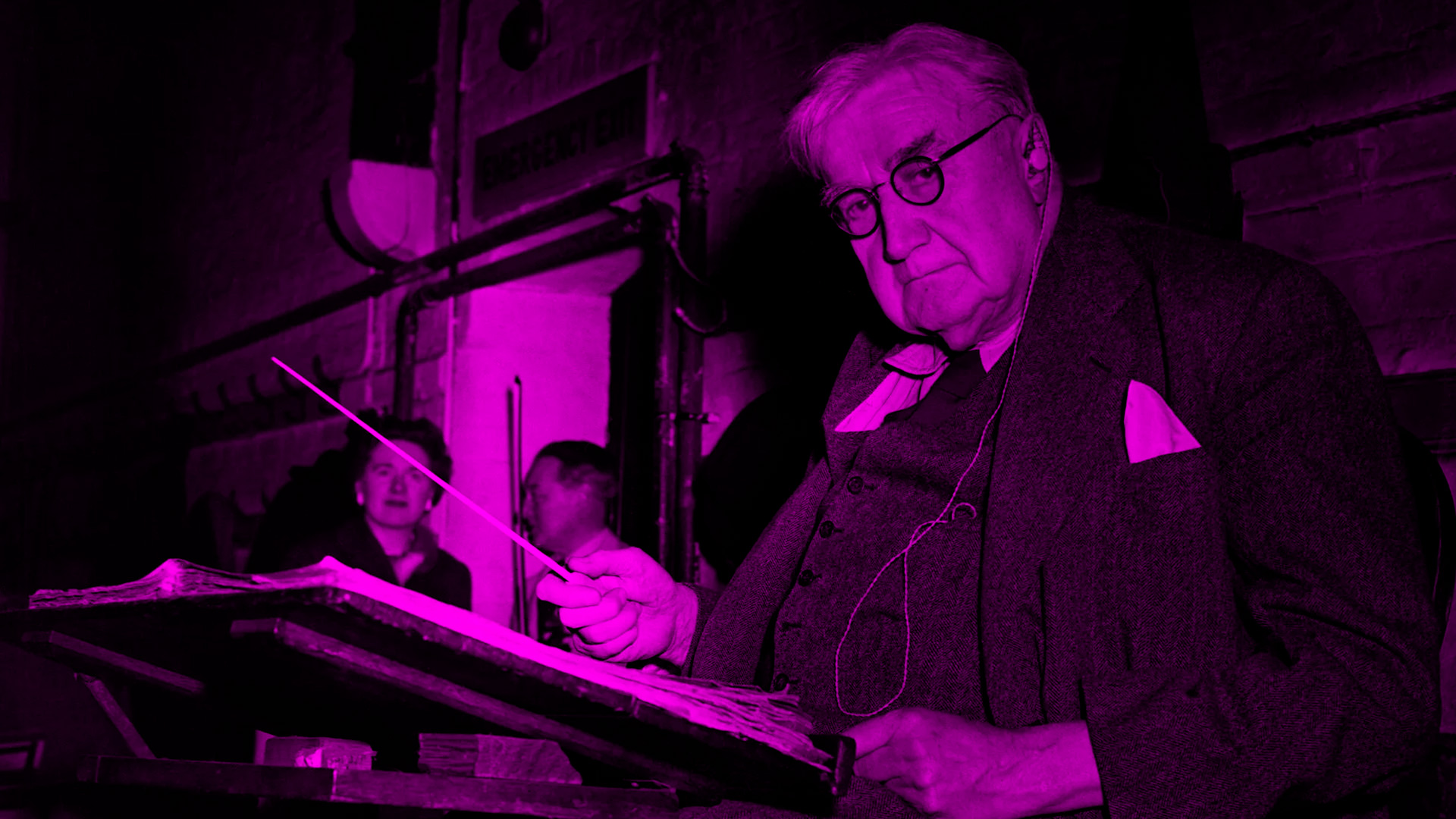RALPH VAUGHAN WILLIAMS
Songs of Travel
The House of Life
Baritone
David Ireland
Piano
Claudio Marino Moretti
The collection Songs of Travel was composed by Ralph Vaughan Williams between 1905 and 1912 based on texts from the homonymous poetry collection by Robert Louis Stevenson. It is not a case that Stevenson’s works have a lot in common with that “travel poetry” which had inspired other composers, leading them to the same genre. Just as in Schubert’s renowned Die Shöne Müllerin and Winterreise, the songs tell in first person the adventures of a wayfarer. But in Stevenson’s writings the wayfarer is not victim of the circumstances and proceeds with determination, appreciating the beauty of the world. Such an aspect is represented quite effectively on a musical level, where it becomes the fulcre of a surprising vital impulse. Only in certain isolated moments Williams-Stevenson’s wayfarer shows a slight nostalgic sentiment regarding the past times, though quickly returning to the reaffirmation of beauty and its simple and temporary nature.
The collection The House of Life was written some years earlier based on works by Dante Gabriel Rossetti (also renowned as an illustrator and painter of the pre-Raphaelite school). This time, the theme is love. Each piece pays homage to the loved woman, almost idealized, whom the poet longs for. There are many literary – and therefore, musical – references to symbolist atmosphere of XIX century, with visions of great effect outlining love even in its shadows.
Vaughan Williams’ music lightly describes the poets’ words. Both collections present a research effort around the sounds of British folk and ancient music widely present in the composer’s catalogue, always accompanied by a refined writing influenced by the XIX-century German tradition, Maurice Ravel’s and Gabriel Fauré’s music.
Ludovica Gelpi

